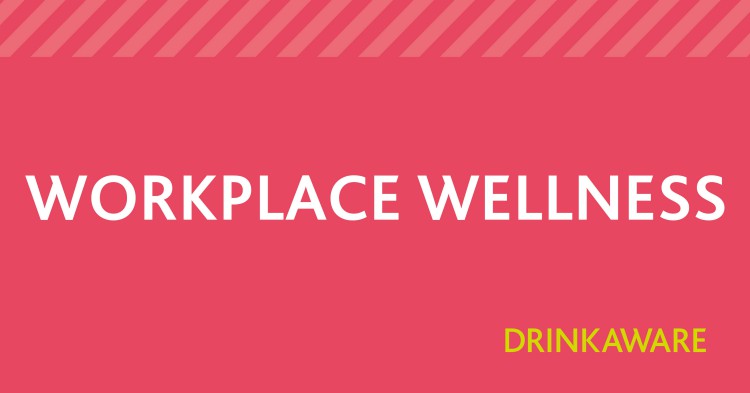The growing trend in workplace wellness is a welcome one. Employers are realising that there are business benefits in terms of recruitment and retention, and employees appreciate their wellness being considered.
In general, Irish people are increasingly considering aspects of their physical and mental health with the latest Pfizer Health Index (2018) showing that 86% of people felt that their personal health was important to them, an increase from 71% in 2017.
The workplace has been recognised by the World Health Organisation as playing an important role in promoting health. Workplace wellness programmes typically involve elements focusing on mental health, physical wellness, good nutrition and sleep. Alcohol misuse has wide-ranging impacts on each of these areas but is often not a featured component of employee wellness programmes or initiatives.
MENTAL HEALTH
Alcohol misuse can contribute to the development of mental health difficulties and exacerbate existing mental health problems. Alcohol is a factor in more than half of all suicides in Ireland.
PHYSICAL HEALTH
Alcohol is a known contributory factor in the development of at least seven different cancers including liver cancer, bowel cancer and breast cancer. Regular drinking, particularly above the low-risk guidelines, is also linked to an increased risk of high blood pressure, heart disease and a range of stomach disorders.
NUTRITION
Alcohol is high in calories and sugar, contributing to Ireland’s growing problem of overweight and obesity. In fact, one gram of alcohol contains seven calories, almost the same as pure fat (nine calories).
SLEEP
Alcohol can have a negative effect on the quality of sleep, leading to feelings of tiredness the next day. This in turn makes a person less likely to engage in physical activity.
Our most recent and comprehensive research, the Drinkaware Index, shows that 21% of Irish drinkers sometimes think they should cut down on their drinking, but only 2% were able to correctly identify the HSE low-risk alcohol guidelines. These findings show that while there is an interest in drinking less, but the knowledge of the true impact of drinking habits is lacking.
HOW CAN WE HELP YOUR WORKPLACE?
Drinkaware’s evidence-informed workplace wellness options include workshops, webinars, health promotion resources and staffed information stand (when Covid-19 restrictions allow). We know that every business is different. Talk to us today about creating a bespoke package for your organisation.


